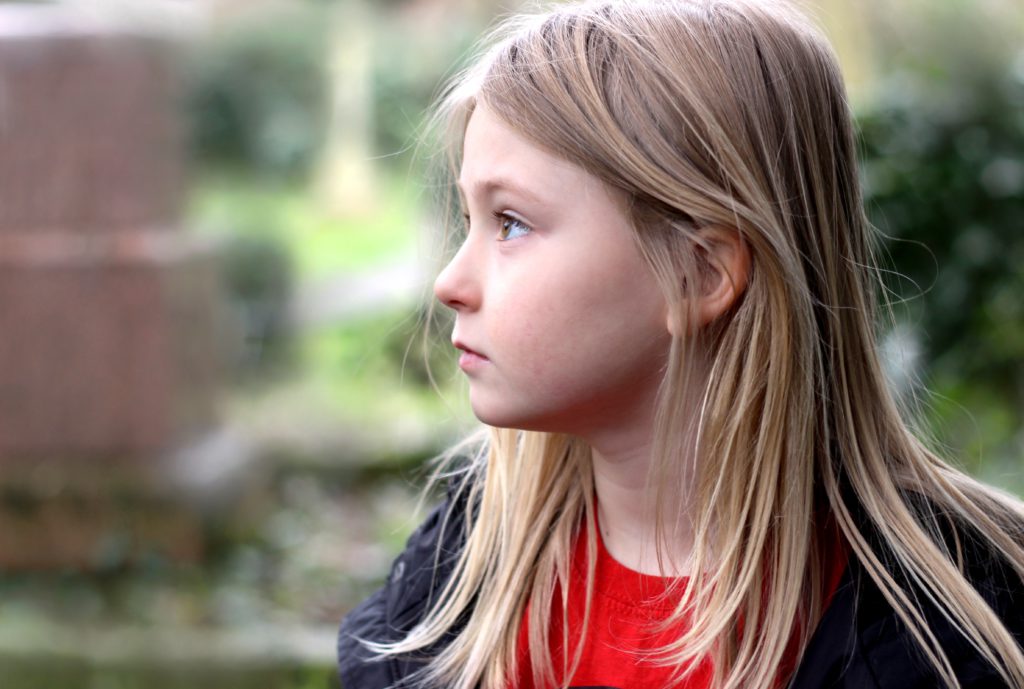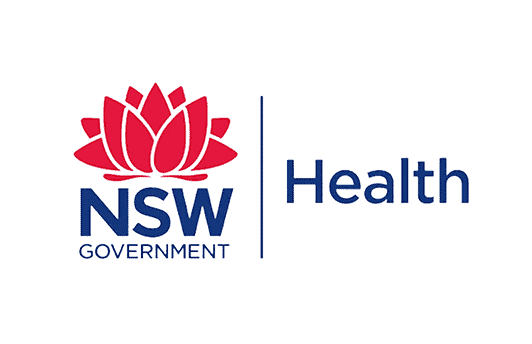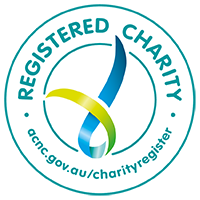By Greg Cantwell
It’s widely accepted that preventing COVID-19 is a far better strategy than treating it. Our public response to the virus has been based on this premise. Unfortunately, our response to dealing with the mental health fallout from COVID-19 has been the opposite.
COVID-19 is a challenge to our mental health
The pandemic has challenged us all mentally: the stress of getting sick, the regular need for COVID tests, the bouts of social isolation, the balancing act of life-as-per-usual amid a pandemic, worries about money, the frustration of all the small events we can’t control, and the anxiety of so many unknowns.
But rather than preventing a mental health crisis emerging as a consequence of COVID-19, our governments seem to be taking the ‘wait and treat’ approach.
Last week the Australian and NSW governments announced, as part of their NSW COVID-19 assistance package, $17.35m to provide mental health support for the state. (See the announcement here.) This mental health funding is valuable, and the money will no doubt be used to provide vital services to people who need it.
We need to support young people before they reach crisis point
The governments’ new allocation of funding is almost all committed to crisis services. Where is the money for long-term prevention programs that help all young people? We all know it’s better to prevent chronic disease through healthy eating, exercise, and screening programs. Surely, we can agree it’s also better to prevent the impact of stress, anxiety and depression before it reaches a crisis point. How about supporting young people before they need to pick up the phone to call a help line? We also know that many people who need these services will not access them.
The funding package misses the opportunity to implement an evidence-based long-term approach to preventing mental health issues in kids and young people. COVID-19 is not the first or the only challenge that younger Australians face. Adverse events are part of life. Many kids will have already had to deal with droughts, bushfires, family breakdown, and even deaths of loved ones. We can’t always prevent life’s lows, but we can equip young people with the skills to deal with them.
The NSW education department’s principal psychologist Ron Balderstonis quoted on the department’s website as saying: “Resilient children know how to cope and have developed skills that enable them to flex so they can manage life’s blows when they happen without them getting too down, stuck on ways that aren’t helping or giving up.” He is right.
Young people are most likely to rely on their friends for support
Research also consistently finds that young people are more likely to turn to a friend than anyone else in times of need. According to a Mission Australia survey of people aged 15 to 19, 83.5 per cent state they would go to friends for help with important issues in their lives. ‘Friends’ rates higher than any other response, pointing to the importance of equipping young people with the skills to support each other effectively. This insight seems to have had little to no influence on the government’s funding announcement.
Let’s teach young people the skills to navigate the ups and downs of life
We need to fund programs and services that offer long-term preventative mental health outcomes. Universal programs, like the Peer Support Program, teach children and young adults how to navigate the ups and downs of life, now and into their futures. Teaching all young people the skills of resilience, for example, means enabling them to manage the normal challenges of life. It means proactively keeping more young people mentally well and able to cope with anything life throws their way, such as a pandemic.
We need to equip young people with the skills to support themselves and each other throughout their lives, not just during a lockdown. Immediate crisis support will always have its place in our society, but our governments need to also invest in programs that help our kids before many of them need these services.
Greg Cantwell is the CEO of Peer Support Australia.




